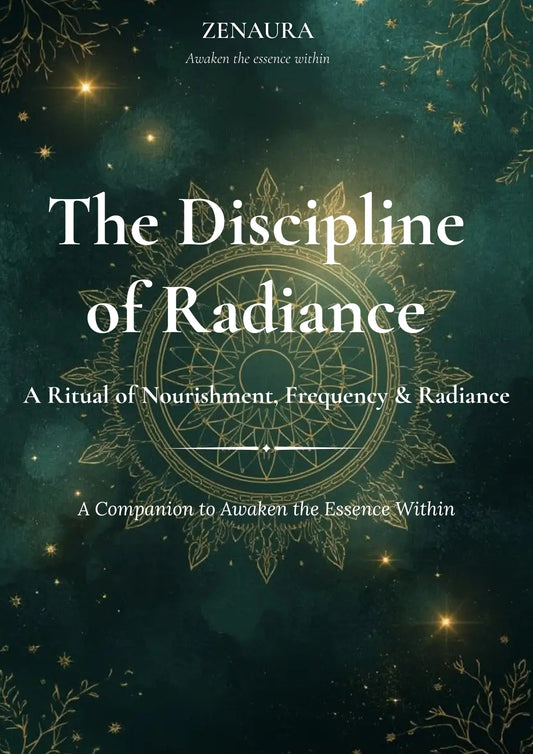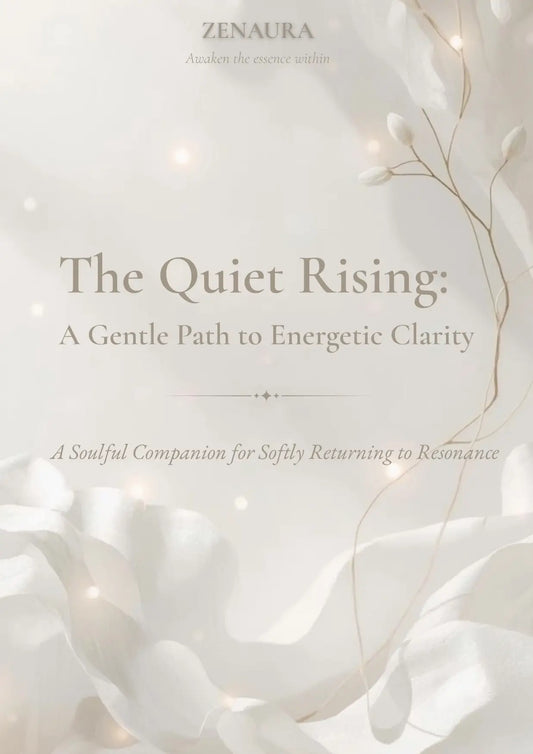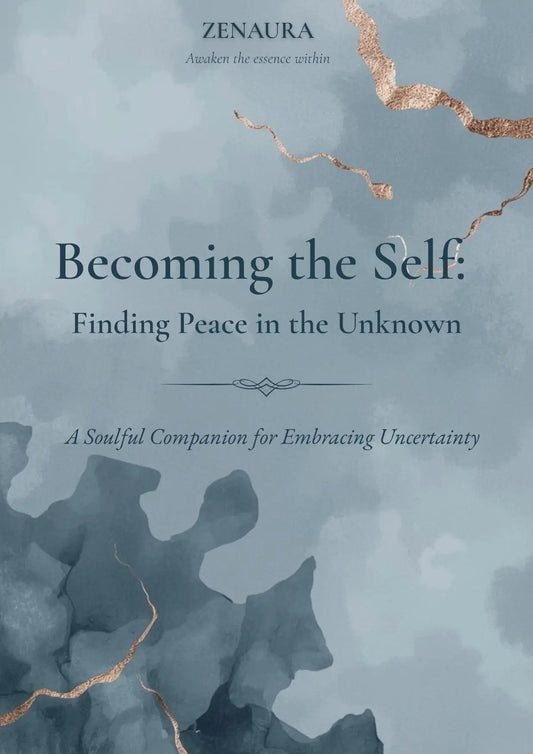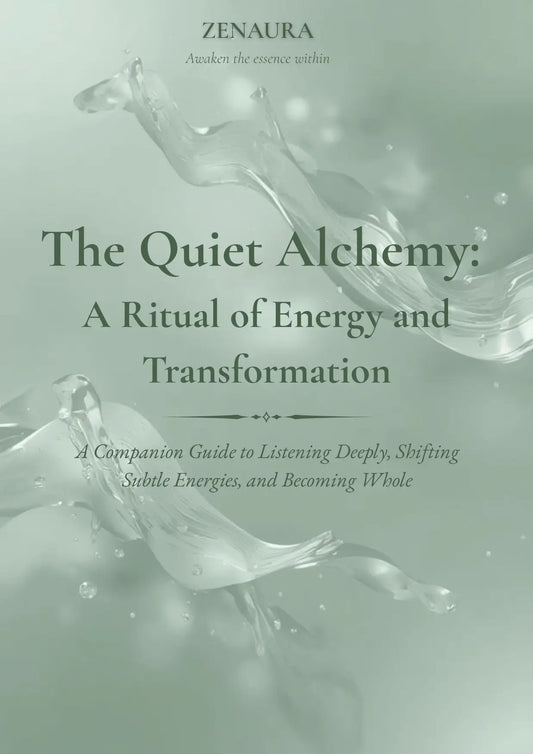
In the Presence of Shadows: Understanding the Dark Triad
In recent years, the subtle presence of dark triad traits—narcissism, Machiavellianism, and psychopathy—has become increasingly noticeable across social, professional, and digital spaces. They rarely announce themselves, yet their presence quietly shifts dynamics, unsettles relationships, tests boundaries, and at times inflicts emotional, mental, or even physical harm. In a world dominated by social comparison, digital visibility, and relentless performance pressures, tendencies toward self-interest, strategic manipulation, and emotional detachment find fertile ground.
Understanding the dark triad is no longer optional; it is essential. Awareness builds armour—protecting your wellbeing, preserving emotional sovereignty, and allowing you to navigate social and professional interactions without being swept into their psychological currents.
Narcissism: The Two Faces and Their Fragile Power
Narcissists are driven by a profound need for control over perception and validation. Their strategies manifest primarily as grandiose and vulnerable narcissism, each guided by insecurities and a desire for dominance.
Grandiose narcissists radiate charm, confidence, and authority. They command attention, influence perception, and measure relationships by how well others reinforce their self-image. Beneath this polished exterior, however, lies a fragile ego, easily destabilised by criticism, neglect, or lack of recognition. Sensitive souls—empaths in particular—often find themselves drawn into providing reassurance, care, or validation, inadvertently feeding the narcissist’s need for control. Their power is subtle, rooted in managing perception and eliciting reactions rather than overt aggression, leaving those around them emotionally drained.
Vulnerable narcissists, in contrast, appear cautious, self-effacing, or shy. Yet beneath this modest facade lies the same core self-interest. They maintain control by eliciting reassurance, attention, or guilt. Fear of rejection, neglect, or invisibility drives subtle manipulations, withdrawal, or emotional leverage, creating a quiet but persistent influence.
In both forms, narcissistic control is about managing responses, securing validation, and asserting social dominance. The danger is covert, often unnoticed until it has drained emotional energy or reshaped dynamics around their needs.
Machiavellianism: The Calculated Strategist
Machiavellians are masters of subtle orchestration. They thrive on strategic control over situations, relationships, and perceptions, advancing their interests while shielding vulnerabilities.
Every gesture, word, or action is weighed. Outwardly cooperative, pragmatic, or helpful, they internally map motives, anticipate reactions, and guide outcomes. Fear of being outmaneuvered, exposed, or losing influence drives meticulous observation and deliberate manipulation.
In social or professional contexts, Machiavellians operate like unseen currents: steering alliances, conversations, and collaborations toward desired ends. Trust is selective, influence is suggestive rather than overt, and boundaries are tested subtly. Their strength lies in invisibility; manipulation is often recognised only after entanglement has taken root.
The danger of Machiavellianism is its subtlety and invisibility. Emotional responses, over-sharing, or blurred boundaries feed their influence. Awareness of this hidden fear—the fear of exposure, vulnerability, or loss of control—allows for measured detachment without surrendering one’s autonomy.
Psychopathy: The Unfeeling Core
Psychopathy is the darkest and most dangerous element of the triad. It is defined by emotional detachment, impulsivity, lack of moral constraint, and control through chaos.
Psychopaths can charm, disarm, or captivate effortlessly. Beneath their charisma lies indifference to moral or social boundaries. Emotional reactions, instability, and conflict are fuel—they thrive on the chaos generated by others, gaining control and satisfaction through manipulation.
Interactions feel unpredictable, superficial, and destabilising. Warmth is a mask; vulnerabilities are noted silently for future leverage. Psychopaths record patterns with piercing, calculating attention—their eyes can seem blank yet hawk-like, analysing without engagement.
The danger is acute: they exploit trust, provoke emotional responses, and manipulate outcomes with little regard for consequences. Their hidden fears—exposure, loss of autonomy, and restriction—drive manipulative and destructive behaviour. Recognition of psychopathy relies on awareness, emotional detachment, and strategic observation.
How to Deal with the Dark Triad: Cutting Off Their Oxygen
Engaging with the dark triad is a psychological battlefield. They begin by flattering, validating, and charming, then gradually probe, provoke, and undermine. Their strategies depend on one central truth: they thrive on others’ reactions. Attention, emotional turmoil, or over-involvement fuels their existence. Remove this oxygen, and their power collapses quietly.
- Observe without absorbing: Notice patterns, provocations, and subtle pressures. Intuition and energy-sensing are your first line of defence; recognise the currents before rational thought does.
- Respond with deliberate irrelevance: Whatever provocation arises—anger, guilt, fear, or flattery—remain unaffected. Indifference robs them of control.
- Disengage from drama: Step away from debates, emotional escalation, or attention-seeking behaviour. Absence is not avoidance—it is removing their oxygen.
- Focus on your life: Prioritise your wellbeing, goals, and personal growth. Your work, relationships, and inner peace anchor you. Their chaos holds no sway over these.
- Embrace quiet restraint as power: Mastery lies in self-sovereignty, composure, and clarity. Emotional overreach gives them energy; your calmness confronts only their emptiness.
- Let absence be your leverage: By being unaffected, consistent, and present in your life, you reflect their insecurities back onto them. This is the deepest form of psychological “revenge”: they face their own shadow, questioning themselves endlessly while you remain untouched.
The essence of navigating the dark triad lies in self-mastery, awareness, and deliberate detachment. Observation without internalisation, calm without compromise, and focus on your own path create a protective field around your emotional and psychological integrity. In their presence, restraint becomes strength, focus becomes freedom, and your undisturbed clarity is a shield no manipulation can penetrate.






